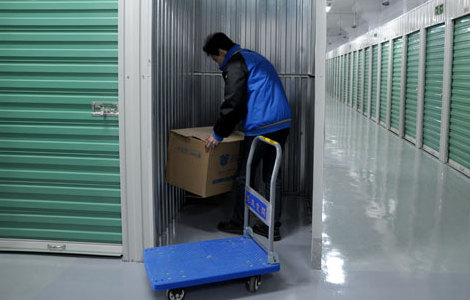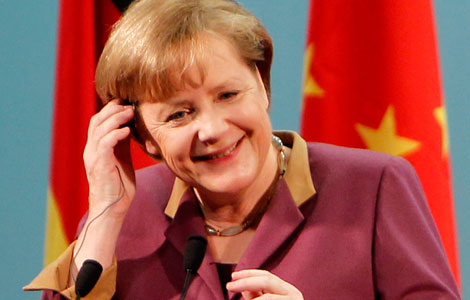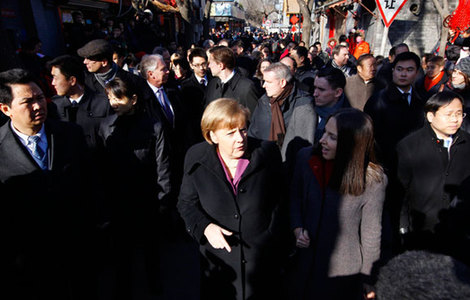Slowdown but no hard landing in 2012
Updated: 2012-02-03 07:58
By Wei Tian (China Daily)
|
|||||||||||
"We expect the debt crisis in Europe and the weak recovery in the United States to reduce demand and cause a drag on China's export-dependent economy," US-based Standard & Poor's Ratings Services said in a report released on Thursday.
In the report, "Credit Outlook: Chinese Dragon to Fly into a Soft Landing in 2012", the agency forecast that GDP growth would decelerate further in 2012 to about 8 percent in a base-case scenario.
"We also project that there is a one-in-four chance of a medium landing of 7-percent growth to occur, and a one-in-10 likelihood of a hard landing of 5-percent GDP expansion," said S&P credit analyst Terry Chan.
S&P said that different sectors would experience varied effects from the marked slowdowns of the latter two scenarios. "The impact could range from very high to low, which could mean from defaults to no downgrades," the agency said.
"We believe the country's real estate sector and local governments would suffer most" in case of a significant slowdown, it said.
China experienced a slowdown in GDP growth to 9.2 percent in 2011 from 10.4 percent in 2010. S&P's base-case estimate was matched by most analysts, who forecast growth of 8 to 9 percent this year.
A "soft landing" usually refers to economic growth above 7 percent with an inflation rate below 4.5 percent.
The January Purchasing Managers' Index (PMI), an indicator of manufacturing activity, stood above 50, which suggests a moderate expansion.
However, a separate index released by HSBC Holdings PLC was less optimistic, giving a reading of 48.8.
"The January PMI suggested the easing monetary measures and proactive fiscal tools are taking effect, which eased the fears of a hard landing," said Shen Jianguang, chief Asia-Pacific economist with Mizuho Securities Co Ltd.
However, Shen said, with capital outflow continuing and the bank reserve ratio remaining high, the central bank needs to increase the frequency and intensity of monetary fine-tuning.
He forecast there would be four cuts in the bank reserve ratio this year.
Zhang Shuguang, an economist with the Unirule Institute of Economics, agreed, saying that monetary policy would still play a role in supporting steady growth this year.
"Stability is the first priority this year. Thus, an operation similar to that of the massive fiscal stimulus in 2008 is not likely to be repeated," Zhang said.
But next year will see significant growth in credit and other policy support, he said.
Another global agency, Fitch Ratings, said the ratings outlook for banks in the Asia-Pacific region was stable, but it remained cautious on Chinese banks.
Funding and liquidity pressures were increasing as these banks faced pressure to lend in support of economic growth, Fitch said.
Wang Tao, chief economist with UBS AG in China, estimated bank lending would reach 2.5 trillion yuan ($396.5 billion) to 2.8 trillion yuan in the first quarter of 2012.
China Daily
Hot Topics
Kim Jong-il, Mengniu, train crash probe, Vaclav Havel, New Year, coast guard death, Internet security, Mekong River, Strait of Hormuz, economic work conference
Editor's Picks

|

|

|

|

|

|







